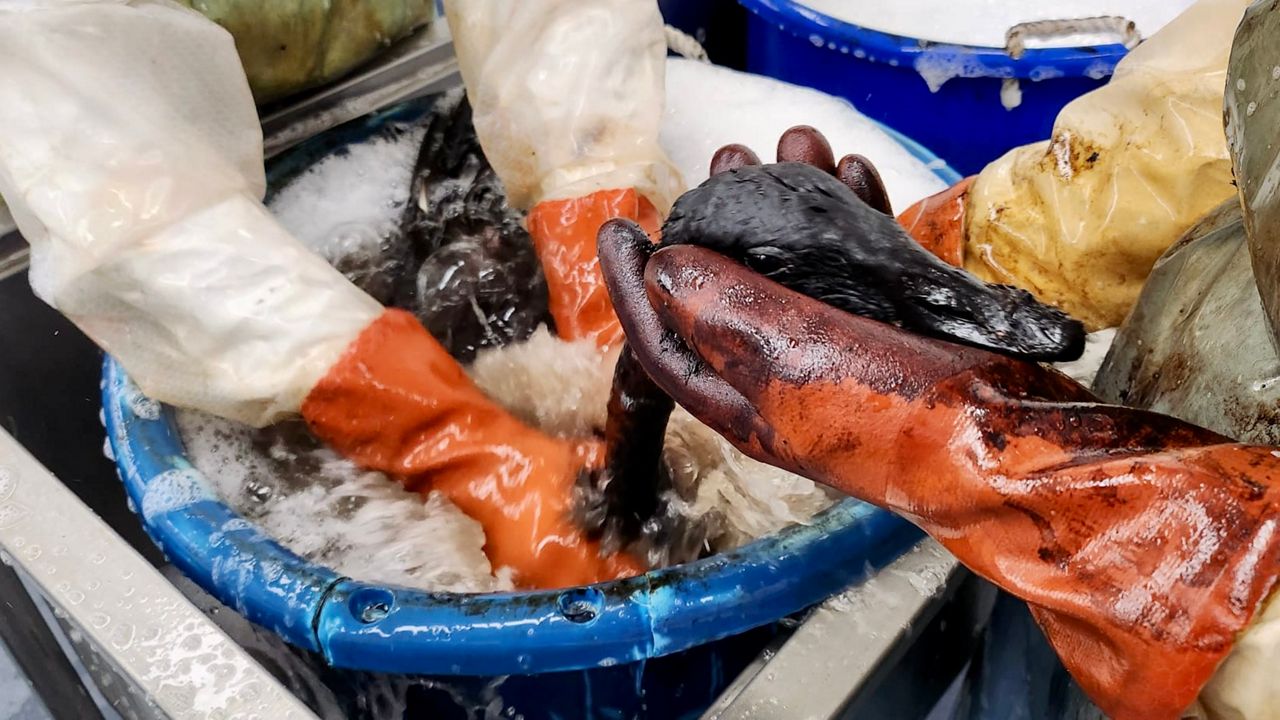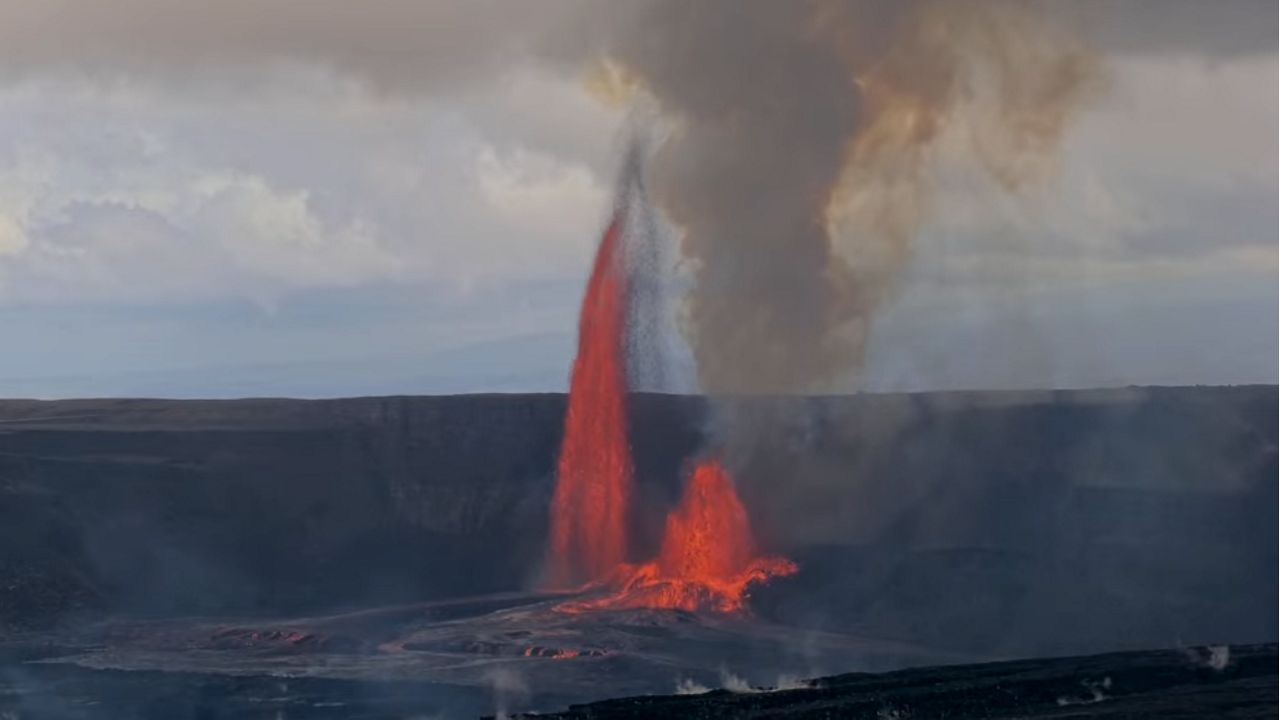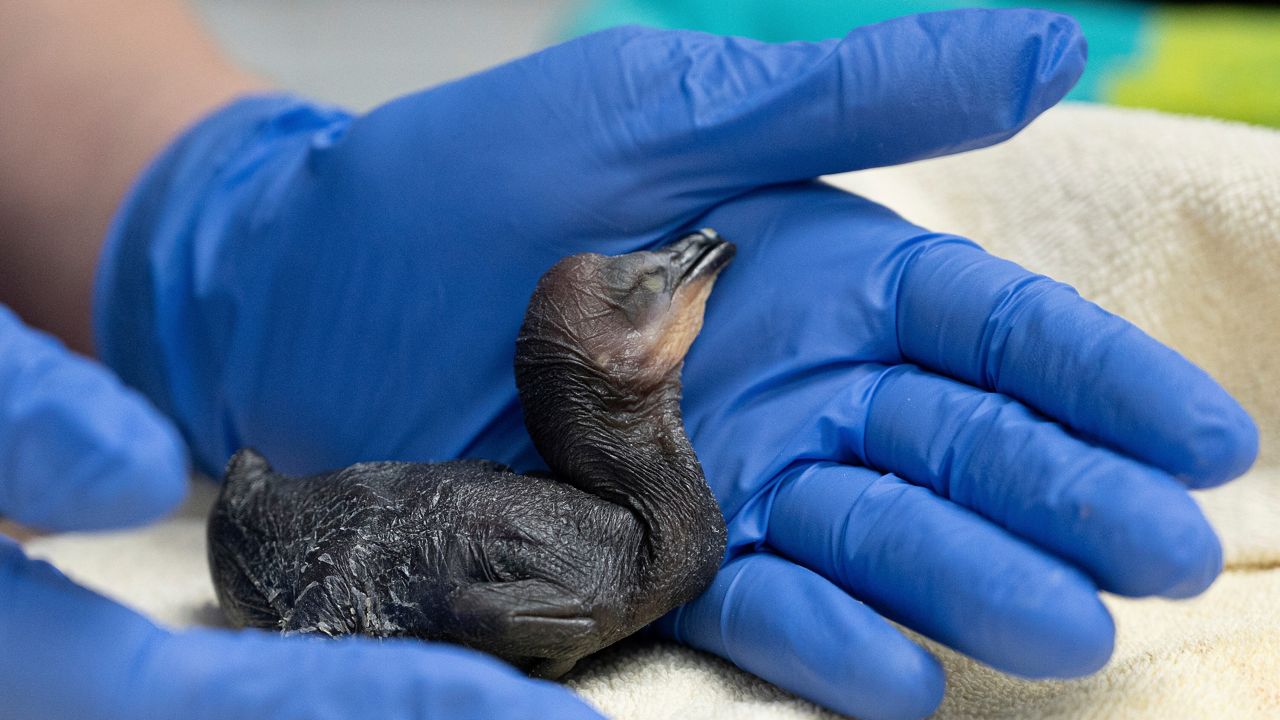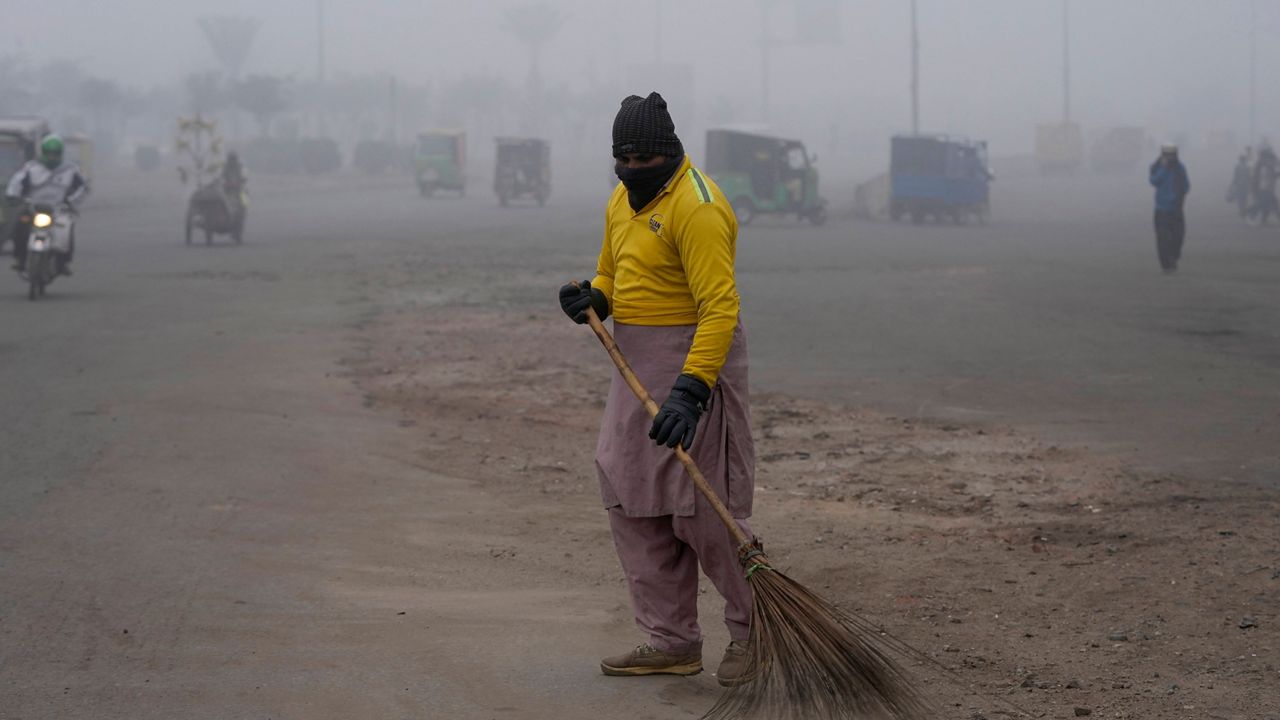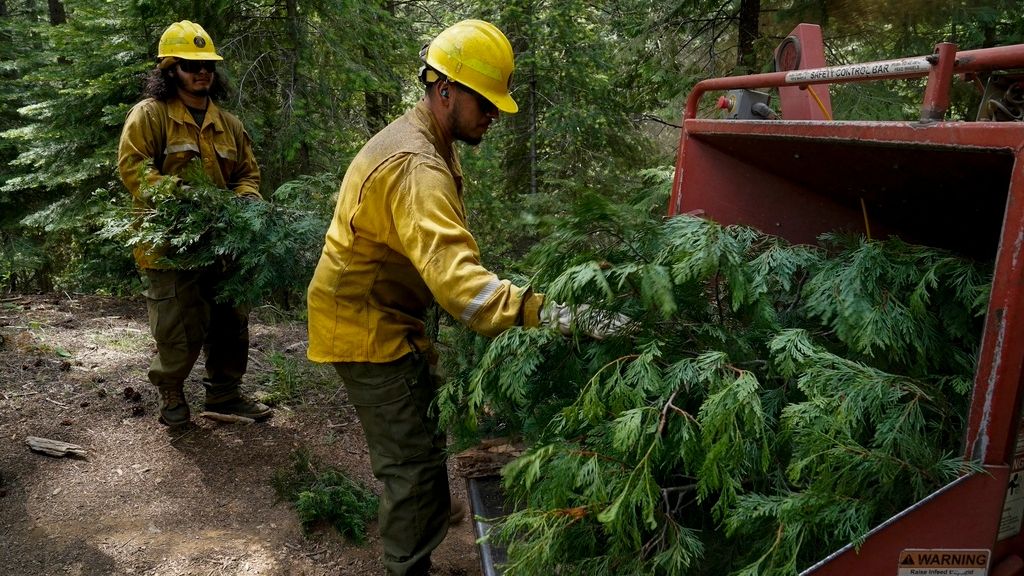LOS ANGELES (CNS) — Part of a flock of Canada geese that landed in sticky asphalt at La Brea Tar Pits last month died and others suffered serious injuries, a wildlife rescue group announced Tuesday.
International Bird Rescue is caring for the few surviving geese at its Los Angeles wildlife care center.
The rescue group said five of a flock of 15 geese died after arrival at the center, but two survived and are recovering from burn wounds and feather loss after the July 31 accident.
"It's heartbreaking to see accidents like this occur," said JD Bergeron, CEO of Bird Rescue. "Birds in a changing world face dwindling natural habitat and lack of habitat is a big problem for the wild animals that call Los Angeles home. It is natural for animals to become trapped in the tar, but in a huge city with little wildlife habitat, the lake can look very attractive to animals.
"The Lake Pit was created by people mining for asphalt and still presents a great risk to wildlife."
The Natural History Museums of Los Angeles County, which runs the Tar Pits, issued a statement calling it "rare" for wildlife to get trapped in the pits.
"It is an unfortunate and distressing situation when wildlife becomes entrapped in the natural asphalt seeps at the La Brea Tar Pits," according to NHM. "This particular situation is a rare occurrence, but animals occasionally getting stuck in the tar is a process that has been happening here for over 60,000 years. Rescuing animals from the Lake Pit is difficult and dangerous and best left to those with specialized training. In this case, we contacted Los Angeles Animal Services, who mobilized SMART (Specialized Mobile Animal Rescue Team)."
When wild and domestic animals undergo severe stress, they can develop a serious condition called capture myopathy, where muscle damage results from extreme exertion or struggling, according to the wildlife center.
All of the birds brought to the facility had the condition from their exertions to free themselves from the tar; one of them had also broken a leg in the struggle, the group said.
Both surviving geese are recovering from capture myopathy and are slowly regaining the strength to stand on their own, according to Bird Rescue.
The La Brea Tar Pits website describes the bubbling tar at the site as asphalt, the lowest grade of crude oil. Bird Rescue says that small mammals, birds, and insects that inadvertently become stuck in it are immobilized as if trapped like flies on flypaper.
Not only are animals at risk of suffocation from becoming trapped in the tar, but the tar rapidly causes burns, the group said, adding that wildlife center staff acted to remove enough tar to allow the birds to eat, breathe and defecate, then medically stabilized them before a more thorough washing.
The public can donate to help the injured birds at: www.birdrescue.org/donate.






